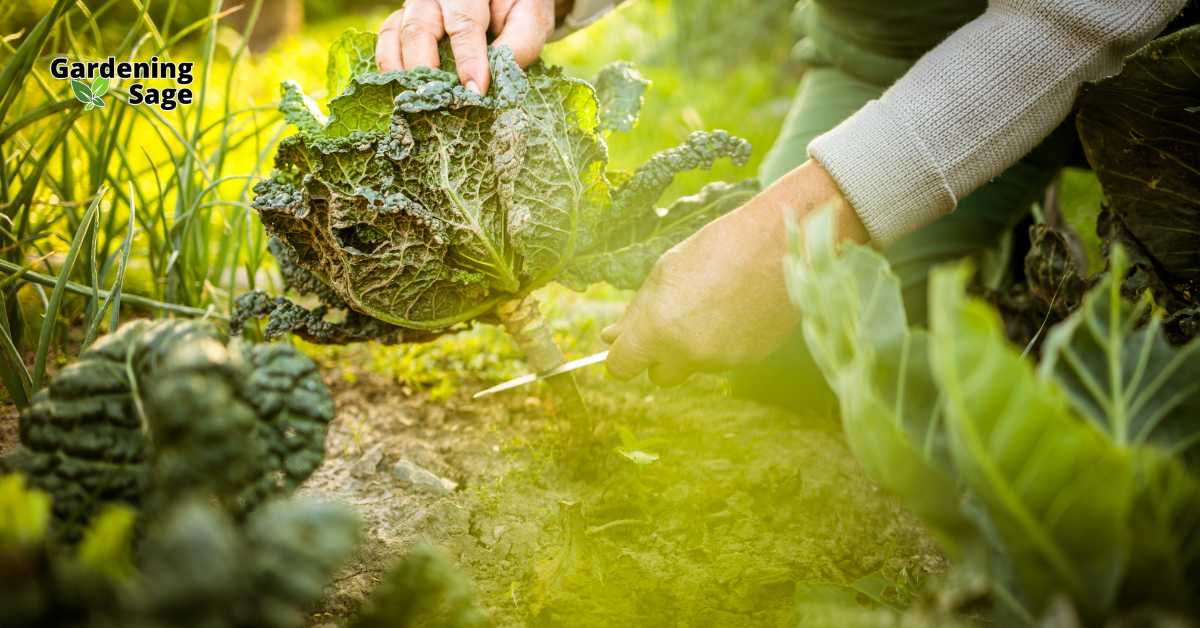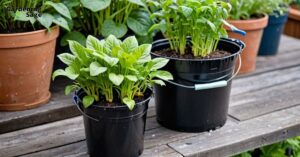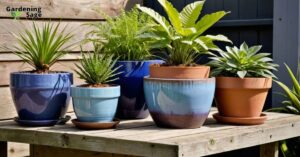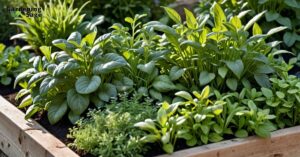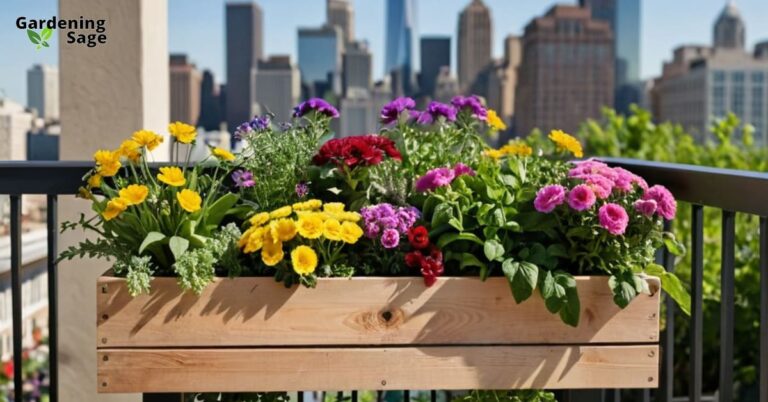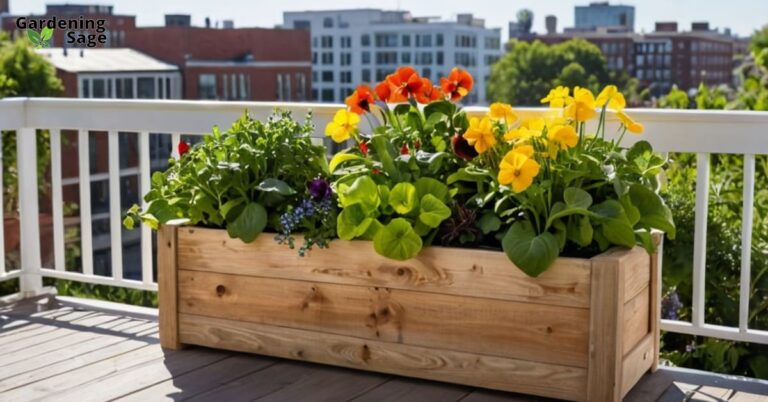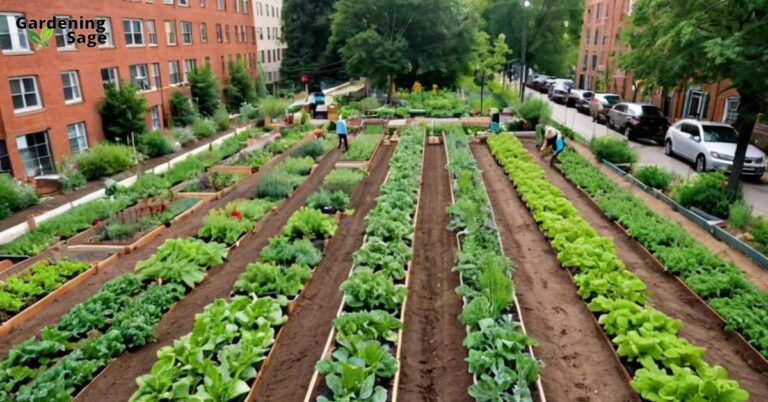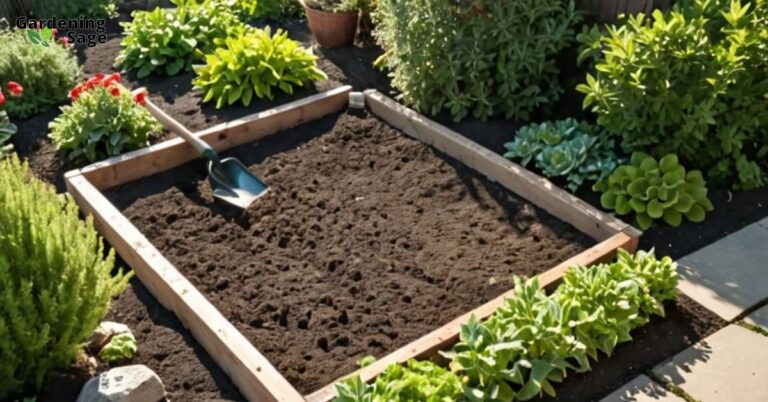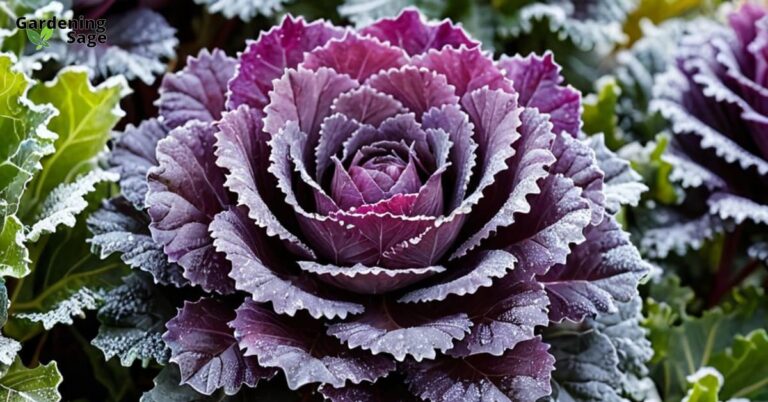Gardening is more than just a hobby; it’s a journey into the heart of nature. As you embark on this green adventure, arm yourself with the knowledge of organic gardening tips and hacks that not only nurture your plants but also protect them naturally.
This comprehensive guide is tailored for beginners, unveiling the secrets that turn novices into confident green thumbs. Let’s dive into the world of growing green, where every tip is a step toward a thriving garden.
The Organic Advantage: Gardening Tips for Beginners
1. Soil Enrichment Magic
Gardening begins beneath the surface, in the very soil that cradles your plants. As a beginner, start your journey by enriching your soil with organic matter.
Compost, well-rotted manure, and kitchen scraps are your go-to ingredients for this magical transformation. These organic amendments not only infuse your soil with nutrients but also cultivate a diverse ecosystem of beneficial microorganisms, creating a natural shield against pests.
2. Strategic Plant Placement
Before you sow your seeds or plant your seedlings, take a moment to understand the preferences of each plant. Sunlight, shade, and companionship matter.
Group plants with similar needs together to create microenvironments that support their growth. This strategic placement not only minimizes stress on your plants but also deters pests naturally.
3. Companion Planting Magic
Companion planting is a time-tested hack that harnesses the power of plant partnerships. Certain plants work together to repel pests or attract beneficial insects.
For instance, planting marigolds alongside tomatoes can deter nematodes, while basil near tomatoes enhances their flavor and repels pests. It’s a natural partnership that benefits both your plants and you.
Natural Plant Protection Hacks Unveiled
1. Neem Oil Elixir
Neem oil is a versatile elixir in the organic gardener’s toolkit. Abundant in azadirachtin, it acts as a potent insect repellent.
Create a simple spray by mixing neem oil with water and a few drops of mild dish soap. Regular application not only wards off common pests like aphids, mites, and whiteflies but also promotes the overall health of your plants.
2. DIY Garlic Spray
A simple yet effective hack for deterring pests is a homemade garlic spray. Blend garlic cloves with water, strain the mixture, and dilute it before spraying on your plants.
The pungent odor repels pests while being harmless to your plants. It’s a natural and cost-effective way to keep unwanted visitors at bay.
3. Coffee Grounds Defense
Don’t discard those used coffee grounds – they are a secret weapon against slugs and snails. Scatter coffee grounds around vulnerable plants or create a protective barrier.
The abrasive texture deters these slimy invaders while enriching the soil with organic matter as they break down.
Gardening Wisdom for Beginners
1. Patience, the Virtue of Gardening
Gardening is a journey, not a sprint. Beginners often face the temptation to intervene too quickly when issues arise. Patience is your greatest ally. Allow nature to take its course, and observe how your garden adapts.
Often, natural predators and the plant’s defenses can resolve minor issues without human interference.
2. Learn from Nature
Nature is the ultimate mentor. Observe the patterns, interactions, and rhythms in your garden. If certain plants thrive together, mimic those conditions.
If pests are deterred naturally, take note of the companionship between plants. Nature has perfected the art of balance; your garden can be its miniature masterpiece

